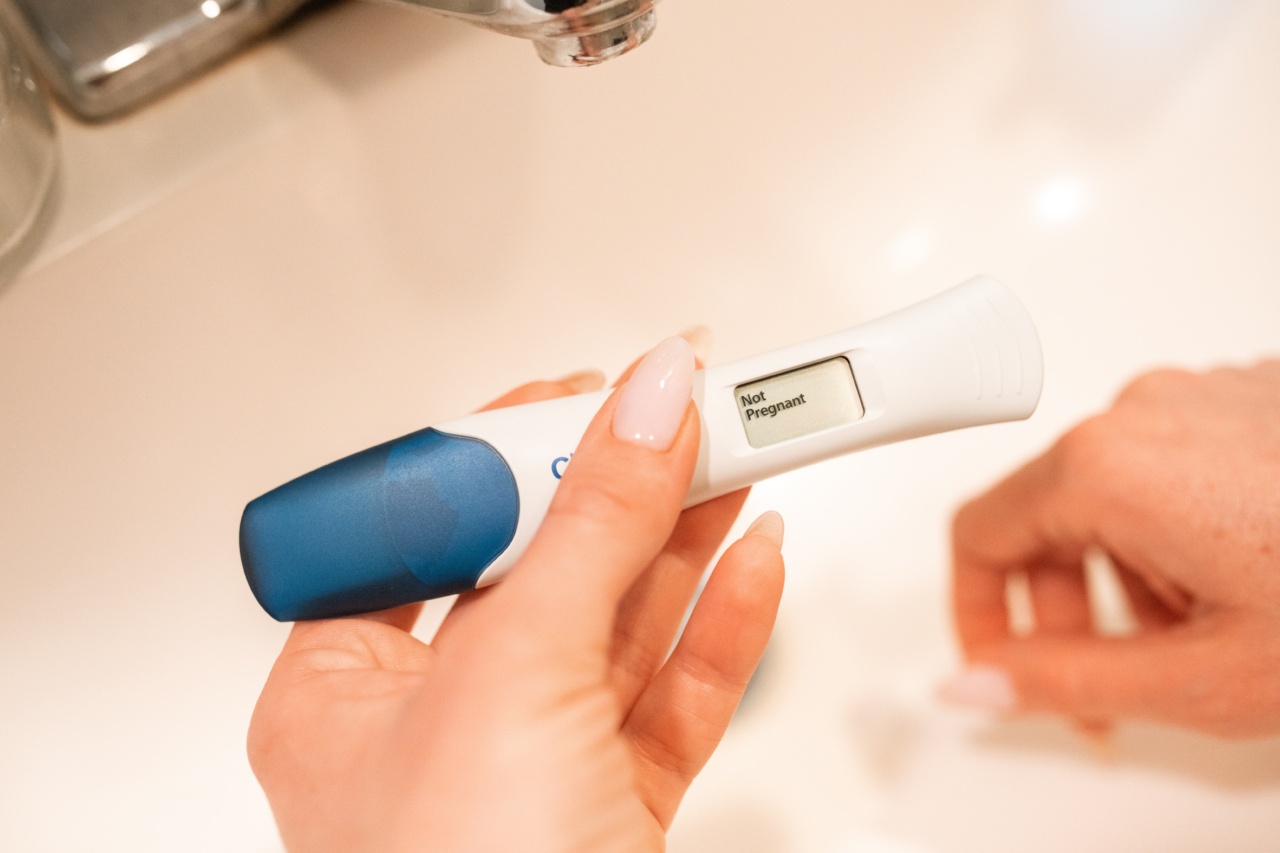High blood pressure, also known as hypertension, is a common condition that affects millions of people worldwide. It occurs when the force of blood against the walls of your arteries is too high, putting extra strain on your heart and blood vessels.
If left untreated, high blood pressure can lead to serious health complications such as heart disease, stroke, and kidney problems.
Fortunately, there are several strategies you can implement to quickly reduce your blood pressure and maintain optimal cardiovascular health. In this article, we will explore ten secrets to help you lower your blood pressure effectively.
1. Maintain a Healthy Weight
Excess weight puts additional strain on your heart and circulatory system, increasing your risk of developing high blood pressure. By maintaining a healthy weight, you can significantly lower your blood pressure levels.
Incorporate regular exercise and a well-balanced diet into your lifestyle to achieve and maintain a healthy weight.
2. Eat a Balanced Diet
Consuming a balanced diet rich in fruits, vegetables, whole grains, lean proteins, and low-fat dairy products can have a remarkable impact on your blood pressure levels.
Avoid processed foods, excessive salt, and saturated fats, as these can elevate your blood pressure. Instead, opt for heart-healthy foods that can effectively reduce your blood pressure.
3. Reduce Sodium Intake
Excessive salt consumption is a significant contributor to high blood pressure. To lower your blood pressure quickly, limit your sodium intake. Avoid adding salt to your meals, and be cautious of hidden sodium in processed and packaged foods.
Opt for herbs, spices, and natural flavorings to enhance the taste of your dishes.
4. Engage in Regular Physical Activity
Regular physical activity not only helps in maintaining a healthy weight but also plays a crucial role in reducing blood pressure.
Aim for at least 150 minutes of moderate-intensity aerobic activity, or 75 minutes of vigorous-intensity activity, per week. Incorporating activities like brisk walking, jogging, swimming, and cycling can make a significant difference in lowering your blood pressure.
5. Limit Alcohol Consumption
While moderate alcohol consumption may have some health benefits, excessive drinking can lead to high blood pressure. To lower your blood pressure quickly, limit alcohol consumption to moderate levels.
Men should have no more than two drinks per day, while women should limit to one drink per day.
6. Manage Stress
Chronic stress can contribute to high blood pressure. Engaging in stress-management techniques such as meditation, deep breathing exercises, yoga, or hobbies can help lower your blood pressure.
Additionally, getting enough sleep and taking breaks when needed can also contribute to reducing stress levels.
7. Quit Smoking
Smoking is a significant risk factor for high blood pressure and cardiovascular disease. To quickly reduce your blood pressure, quit smoking.
Seek support from healthcare professionals, friends, and family to successfully quit smoking and improve your overall health.
8. Limit Caffeine Intake
While the exact relationship between caffeine and blood pressure is still unclear, it is believed that excessive caffeine consumption can temporarily elevate blood pressure.
To maintain healthy blood pressure levels, limit your caffeine intake by reducing your consumption of coffee, tea, energy drinks, and other caffeinated beverages.
9. Increase Potassium Intake
Potassium plays a vital role in regulating blood pressure by counteracting the effects of sodium. Increase your potassium intake by including potassium-rich foods in your diet, such as bananas, spinach, avocados, sweet potatoes, and citrus fruits.
Consult with your healthcare provider before taking potassium supplements.
10. Monitor Your Blood Pressure
Regularly monitoring your blood pressure is important in understanding the effectiveness of your efforts to reduce it. Use a home blood pressure monitor or visit your healthcare provider to keep track of your blood pressure readings.
This allows you to make any necessary adjustments to your lifestyle and treatment plan.































